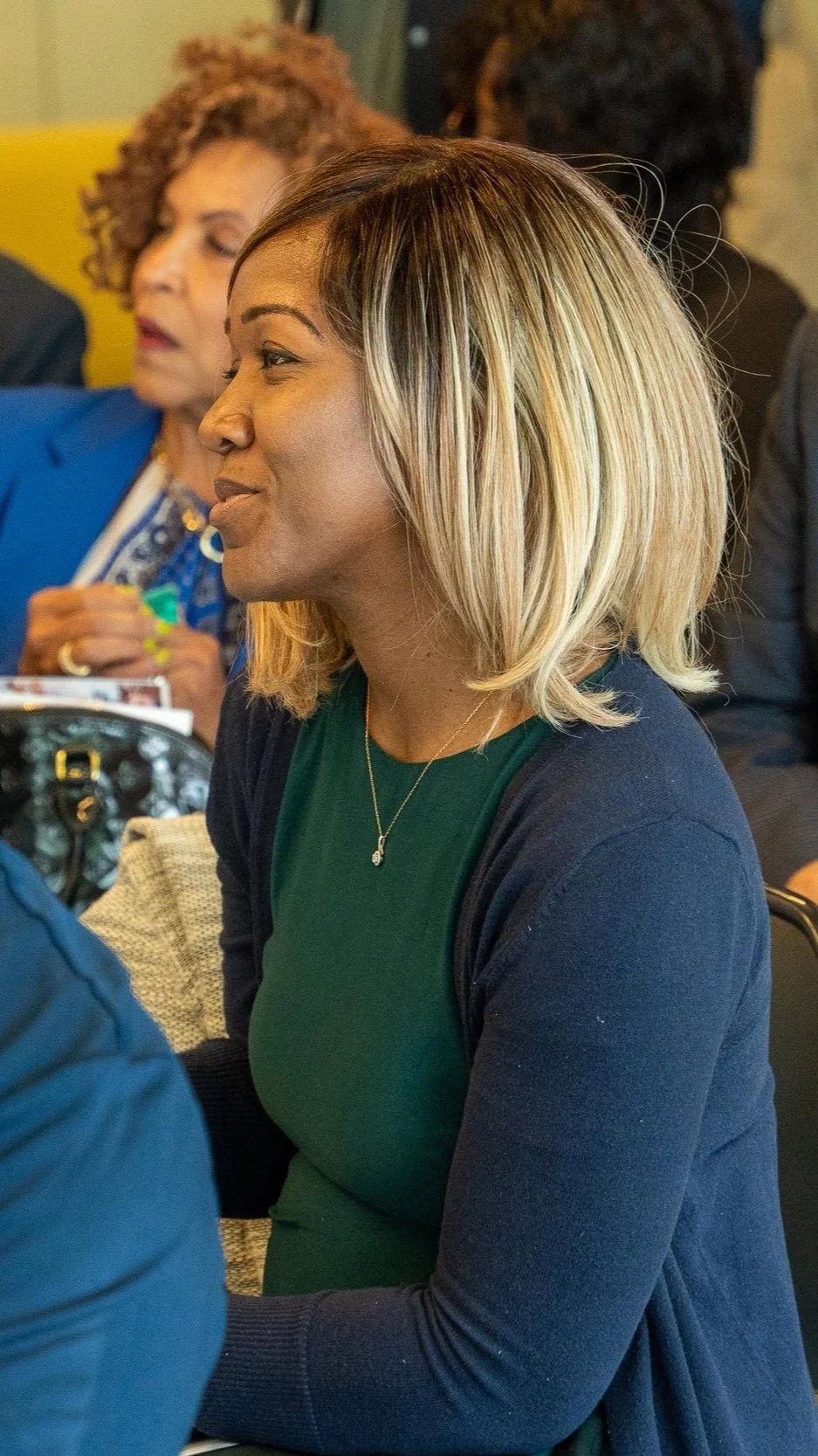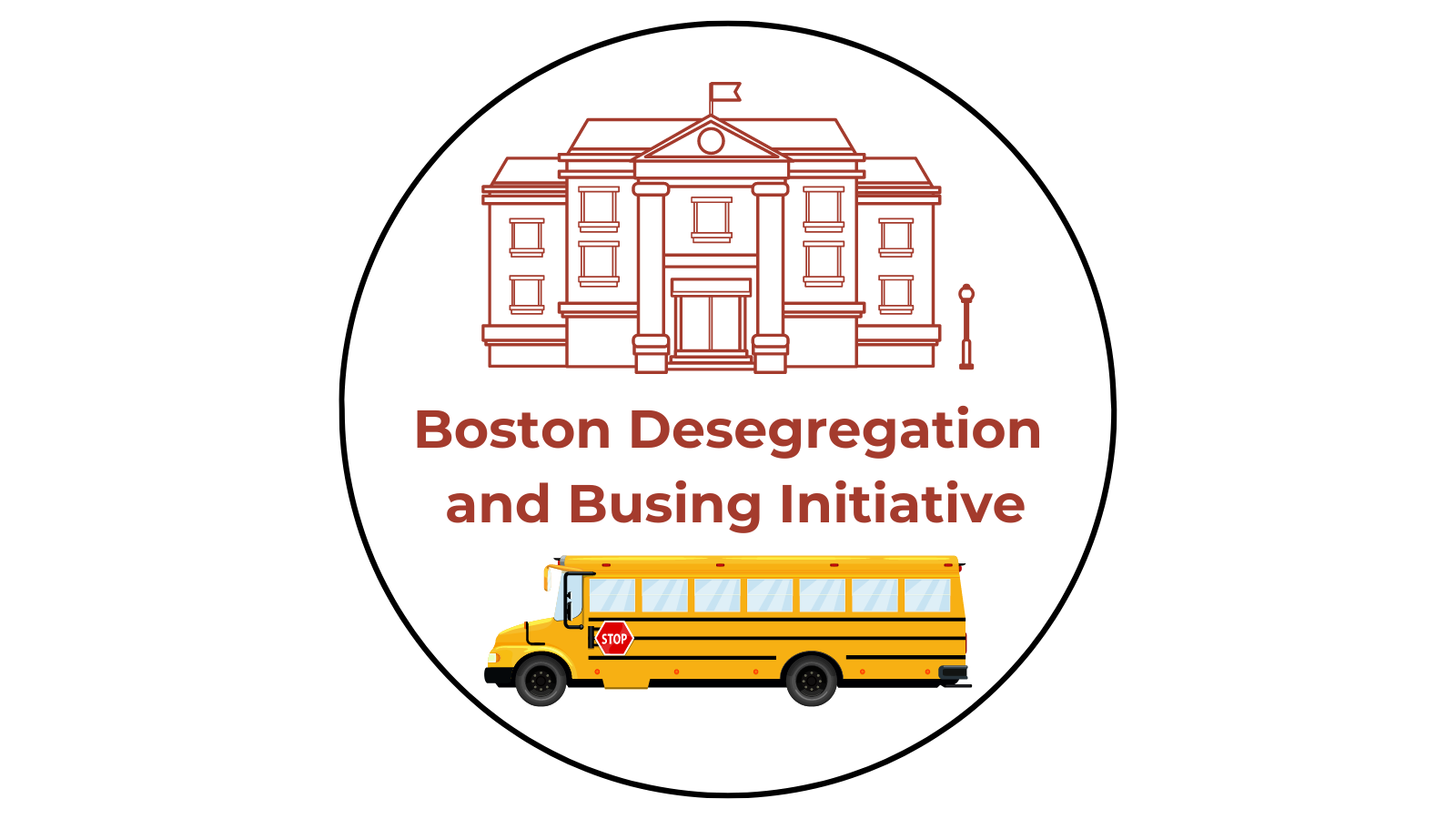
CAP in Action
Turning ideas into action
While most of CAP’s work is in developing new and diverse leadership for public policy-making in the Commonwealth and promoting cross-sectoral collaboration in that policymaking, we also use our experience and resources to take leadership positions on issues that reflect our values.
Some of these issues, like the Commonwealth Development Compact described below, involve a full commitment from CAP and its staff and resources. Others, like the Youth Sports Betting Safety Initiative and Boston Desegregation and Busing Initiative, also below, are projects that one or more of the Founders takes on personally and that CAP agrees to endorse.
CommonWealth Development Compact
With funding from the Eastern Bank Foundation, we and our partners are collaborating with municipal planning agencies and other thought leaders on development across the Commonwealth to adopt the CommonWealth Development Compact – to integrate diversity, equity and inclusion principles into both public and private sector development in our state. The work of the Compact began in Boston, Cambridge, Lynn, Salem, and Somerville, thanks to commitments to the Compact principles from their mayors.
With a construction sector that represents 3.7% of GDP in Massachusetts, we believe that there are few, if any, other policy moves that can so dramatically affect our racial economic disparity and social diversity, with so little effort or cost.
The History
In 2017, the Boston Globe published an eye-opening series on the status of race in Boston. One article described the Seaport District as “one of Boston’s whitest neighborhoods,” and laid bare how its planning and development utterly failed to assure diversity in its population and racial equity in its wealth creation. In 2020, Shirley Leung published a column about Mayor Tom Menino’s intentionality in creating the Innovation District (now known as the Seaport District). Letters in response to the column, however, expressed emphatic dissatisfaction with the lack of diversity and inclusion in the area’s development and planning. One went as far as labeling the Seaport District “a gleaming disappointment.”
In response, in collaboration with the Boston Globe and others, the Civic Action Project orchestrated a months-long process to develop policy initiatives that sought to remedy the lack of diversity and racial equity in the Seaport District, and serve as a template to ensure that development of future neighborhoods—like Suffolk Downs, Fort Point Channel, Midtown, and Allston—and other municipalities across the Commonwealth meets our highest aspirations for diverse companies, employees and cultural activities, and shares the economic value of the development equitably with people of all backgrounds.
In June of 2021, CAP sponsored, with the Boston Globe and WBUR, a Zoom forum to launch a discussion of this urgent topic. Over 300 people tuned in to the panel, over 160 people asked for more information about the project, and over 40 people submitted questions—many of which contained useful ideas about how to ensure diversity and economic equity in the development of new neighborhoods. After this kickoff, the project team spent several months discussing these issues, researching similar initiatives across the country (there are very few), and designing a strategy for change—the essence of which is to embed equity and diversity criteria in the submission process of private real estate development projects, as well as in the RFPs for development of publicly-owned land. That general strategy was adopted by the group and described in a Boston Globe op-ed in December 2021.
In early 2022, CAP partnered with the Boston Society for Architecture (BSA left the team after the Pilot Phase, due to internal reorganization) and the Builders of Color Coalition (now the Builders Coalition) to operationalize and demonstrate this equitable development strategy. Eastern Bank Foundation joined the team and offered both key strategic and funding support for a pilot project. Five municipalities signed onto the pilot—Boston, Cambridge, Lynn, Salem, and Somerville. The resulting CommonWealth Development Compact commitment was formally launched in May 2023 at an event featuring Mayors Siddiqi of Cambridge, Nicholson of Lynn, McCarthy of Salem, Ballantyne of Somerville, and Boston’s Chief of Planning Jemison, all pictured above.
The Pilot Phase concluded in the fall of 2024 and left the team with several key conclusions:
Due to the very limited number of development projects in all cities outside Boston (discussed below), data on compliance with the DEI Disclosure is limited. But the data from Boston and the limited data from others makes it clear that the Disclosure can have an effect, and that municipalities are willing and able to participate; further, all participants in the project agree that over time, utilization of the Compact will change the demographic makeup of the real estate development industry.
Both the DEI evaluation criteria in public land RFPs and the voluntary DEI Disclosure for private development projects can be integrated into the development process for municipalities of varying sizes and economic status.
The Compact terms are unlikely to generate opposition from developers or other stakeholders.
Most communities are favorably disposed to add this initiative to their DEI portfolio.
Substantial technical assistance (TA) is required to help municipalities integrate the Compact into their regular procedures, and to enhance relationships between traditional developers and available minority-owned businesses or other diversity measures.
The Compact team noted repeatedly—as most had in other contexts--that the state’s certification process for minority-and women-owned businesses, run by the Supplier Diversity Office (SDO) operates in effect as a disincentive to W/MBE certification, due to its requirements for exhaustive and detailed evidence of business-readiness and track record. For example, the team learned that the drop off rate of W/MBE and other businesses from signing up for the preliminary certification webinar to eventual certification is as high as 80%. And those small firms that have the hardest time complying with certification requirements are those businesses which need the certification the most.
For more detail, see the Pilot Phase Report
Since the beginning of 2025, the Compact team has added Revere, Everett, Chelsea and Malden as Compact signers and is studying the applicability of the Compact principles to the state’s diversity and equity policies. In addition, the team is working with representatives of several state agencies, municipalities and non-profits, to consider simplifying and streamlining the SDO W/MBE certification process.
Contact us or follow our LinkedIn for updates on the Compact’s progress.
Youth Sports Betting Safety Initiative
In collaboration with the Mass Council on Gaming and Health, Attorney General Andrea Joy Campbell, the Mass Gaming Commission, and the NCAA, CAP has helped lead the development of a public-private coalition that will develop a curriculum for kids 12 to 20 to help them deal with the temptations and risks of newly legalized sports betting that is advertised and promoted so prolifically. The Red Sox, Patriots, Celtics, Bruins, and Revolution, along with licensed sports books and sports media, have joined the Coalition to move this agenda forward.
Boston Desegregation and Busing Initiative
CAP co-founder Ira Jackson is a member of the Boston Desegregation and Busing Initiative (BDBI). Ira was Chief of Staff to Boston Mayor Kevin White during the first phase of busing and was featured in a recent PBS documentary, Busing Battleground. The BDBI is dedicated to examining, learning from, and charting a path forward from the tumultuous era of desegregation in the Boston Public Schools. Through forums, exhibits, partnerships, research, and interviews, we seek to answer crucial questions about our past: what happened, what lessons were learned, and what lies ahead for Boston's educational landscape.
Our commitment extends to honoring the resilience and activism of Black residents who fought for equity in education, confronting the institutional resistance they faced. We acknowledge the divisiveness that characterized the busing era and recognize the courage of those who stood up for justice amidst adversity.
As a committee of diverse voices, including community leaders, educators, and individuals directly impacted by busing, we strive to foster dialogue, understanding, and healing. By acknowledging both the progress made and the lingering challenges, we aim to contribute to the ongoing improvement of Boston Public Schools, ensuring equitable opportunities and outcomes for all students.


